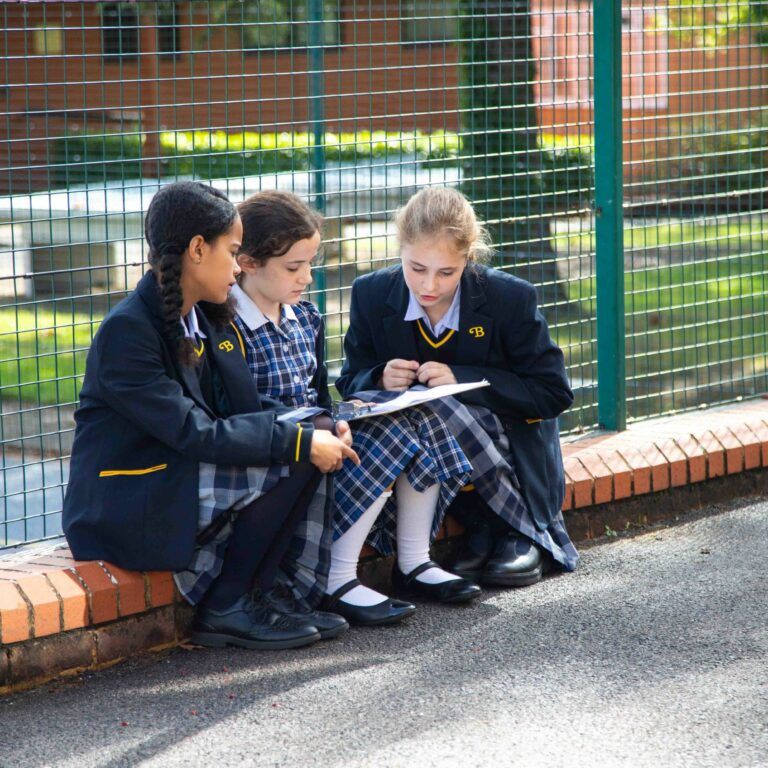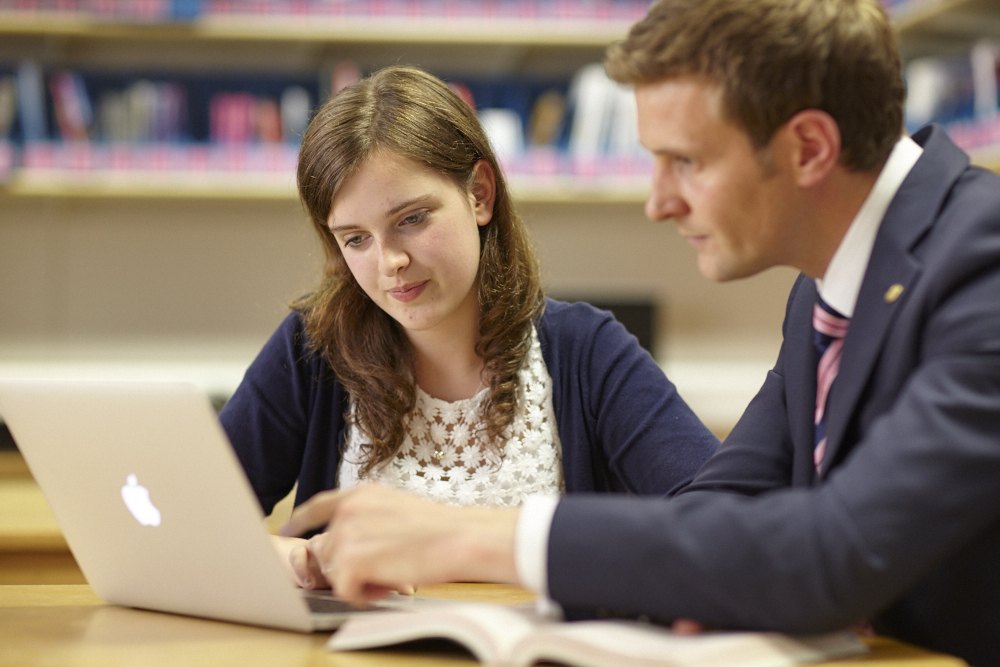As a Sixth Form tutor the core role is to support students as they strive to become independent adults. Support comes in many forms and is adapted to the individual needs of the particular student.
At its basic level, we monitor and address attendance, punctuality and check that they are adhering to the dress code; qualities expected of any employed person. Beyond this we also help them to reflect on their academic progress and guide them on the use of their study periods, enabling them to understand how, where and when they will do their most effective work. Sometimes we may need to help them come to terms with the fact that things are not going well, identify the causes of the issues and work through a study plan with them; liaison between teachers, students and parents is a key aspect of this. Concerns raised by an individual teacher would lead a tutor to investigate further and identify if the issue is subject specific one or whether it is a small piece of a larger picture. Depending on the nature and scale of the concern we may contact parents and arrange a meeting. Likewise, if parents raise a concern, we will happily meet with them and work together to resolve the issue. This approach allows the students to feel there is a supportive network around them which can be tightened and released when appropriate for them.
Aside from academic progress, we encourage our students to participate in extra-curricular activities and to push themselves beyond their comfort zones to develop new skills and interests and to take on leadership roles within the school.
Helping students prepare their UCAS applications is a major feature of the role of a Sixth Form tutor. Discussions begin early in the Lower Sixth year when tutors establish student aspirations, direct them to relevant sources of information, and provide advice on the type of work experience that may be required. As a tutor there are three main parts to the application. Firstly, we discuss with the student their suitability for a particular course and the range of institutions that they wish to apply to. Secondly, we would support with the preparation stages of the personal statement. This can be a lengthy process and the tutor role is to advise on the structure of the statement as well as helping a modest student to identify their strengths and successes. Finally, we help to generate the reference for the student. Having had one to one discussions with students throughout their Sixth Form career, supported them though the UCAS process, and celebrated their successes, both academic and extra-curricular. Tutors know their tutees well and provide personalised, detailed references.
The Sixth Form journey ends when they receive their results and they leave us ready to tackle the more independent style of learning at University, on a school leaver programme or in the ‘world of work’. That said, we really enjoy keeping in touch with former pupils at Burgess Hill Girls.
Sarah Thompson
Upper Sixth Form Tutor



